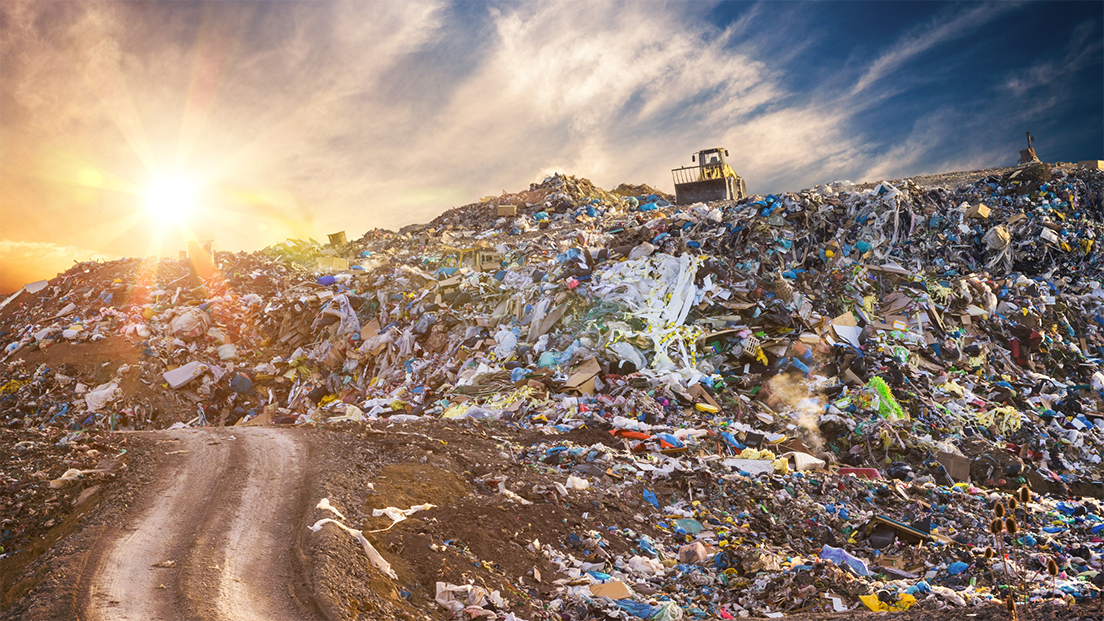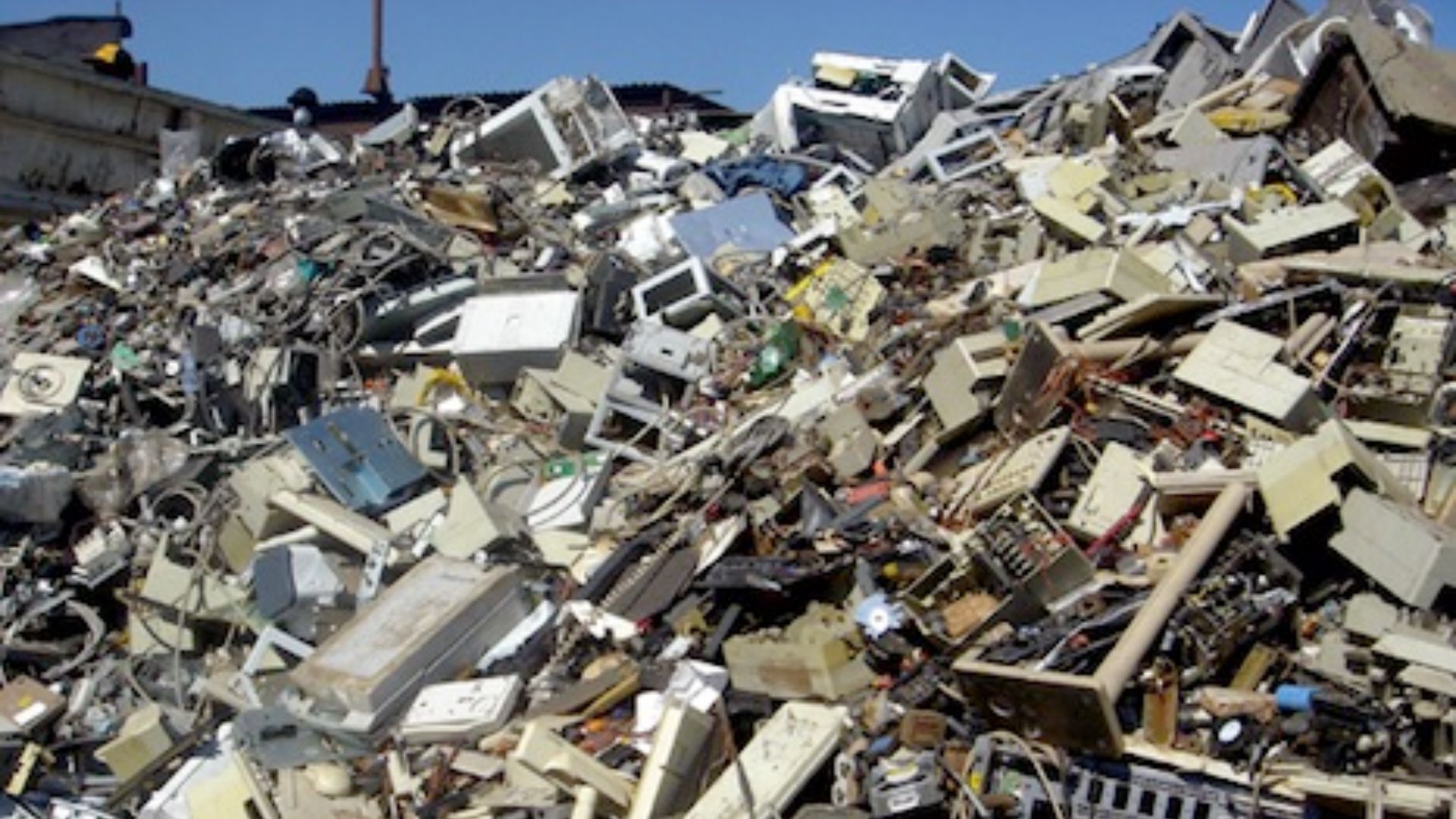In the intricate tapestry of waste management, landfills stand as fundamental components, serving as crucial disposal sites for the vast array of materials our society generates daily. In the present era, understanding the role of landfills is paramount to addressing waste challenges effectively. This article delves into the indispensable functions, challenges, and environmental implications of landfills in the contemporary waste disposal framework.

Functions of Landfills in Today’s Waste Management
Landfills, in the present waste management paradigm, are multifunctional entities. Their primary role involves providing a designated space for the deposition and containment of solid waste. This waste encompasses a wide spectrum, including household refuse, construction debris, and commercial waste. Modern landfills are equipped with advanced engineering features to mitigate environmental impact, such as liners to prevent groundwater contamination and systems to capture landfill gas.
Waste Segregation and Disposal Practices
In addition, present-day landfills emphasize the importance of waste segregation at its source. Communities and industries are encouraged to separate recyclables from non-recyclables to divert materials away from landfills. However, a significant portion of waste, especially non-recyclable and hazardous materials, still finds its way to these sites. Landfills play a pivotal role in managing and containing this residual waste, ensuring proper disposal to prevent environmental harm.
Engineering and Environmental Safeguards
Modern landfills incorporate advanced engineering and environmental safeguards to minimize their impact on ecosystems. Liner systems, often composed of impermeable materials like clay and synthetic liners, prevent leachate (liquid generated from waste decomposition) from infiltrating the surrounding soil and groundwater. Additionally, state-of-the-art landfill gas collection systems capture methane emissions, contributing to efforts to reduce greenhouse gas effects.
Challenges in Contemporary Landfill Management
While landfills play a crucial role, they are not without challenges. One pressing concern is the limited availability of suitable land for new landfill sites, especially in densely populated urban areas. The nimby (not in my backyard) phenomenon often complicates the establishment of new landfill facilities, leading to a strain on existing sites. Hence, managing increasing waste volumes and ensuring compliance with environmental regulations present ongoing challenges for landfill operators.
Environmental Impact and Mitigation Efforts
Furthermore, the environmental impact of landfills is a subject of ongoing scrutiny. While advancements in landfill design and management have mitigated some concerns, the potential for soil and water contamination remains. To address this, modern landfills incorporate leachate collection systems and regular monitoring to detect and manage any environmental risks promptly. Additionally, efforts to reduce reliance on landfills through increased recycling and waste-to-energy technologies aim to minimize their ecological footprint.
Landfills and Circular Economy Concepts
In the context of the circular economy, there is a growing emphasis on reducing the amount of waste destined for landfills. The circular economy framework encourages the reuse, recycling, and repurposing of materials to create a closed-loop system, reducing the need for continuous disposal. Landfills, within this paradigm, are viewed as a last resort, prompting a shift toward more sustainable waste management practices.
Innovations and Future Prospects
Moreover, as society evolves, so does the approach to waste management. Innovations in landfill technology and waste-to-energy processes offer glimpses into a future where landfills may play a different role. Emerging technologies aim to extract energy from waste materials, contributing to a more sustainable and resource-conscious waste management landscape. The ongoing pursuit of alternatives reflects a collective effort to address the challenges associated with traditional landfill reliance.
Conclusion
In the present landscape of waste management, landfills remain integral to the process, providing a necessary solution for the disposal of non-recyclable and residual waste. Understanding their functions, challenges, and environmental implications is vital as we navigate a future where sustainable waste management practices are paramount. While the role of landfills is unlikely to disappear entirely, ongoing innovations and a shift toward circular economy principles signify a dynamic and evolving future for waste disposal.



